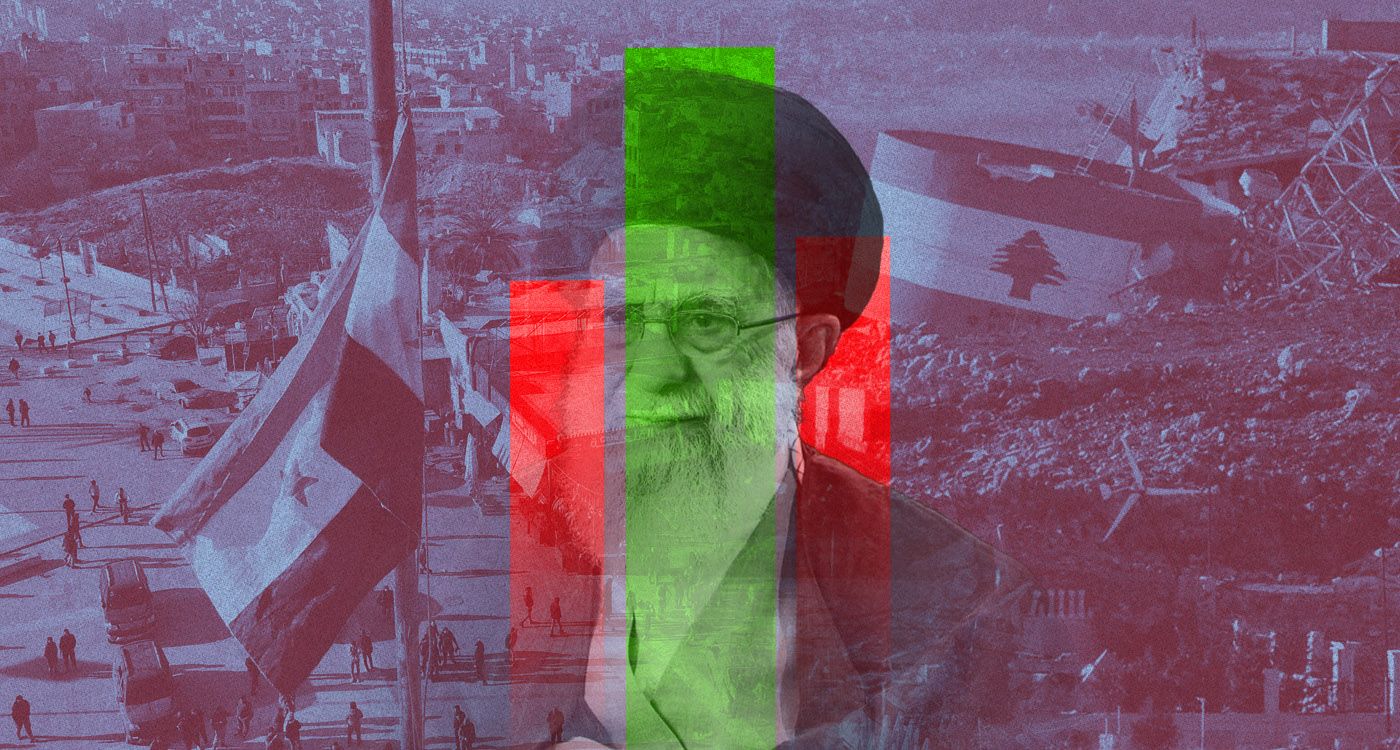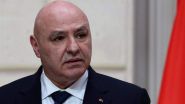
Regional developments are unfolding at an unprecedented pace. From Lebanon to Syria, a surge of violence is sweeping through the region, igniting multiple fronts targeting Iran’s proxies in its self-declared spheres of influence. Iraq risks being drawn in unless it distances itself and aligns with a broader international effort that appears focused on curbing Tehran’s influence and forcing the Islamic Republic back into compliance with international norms.
In Lebanon, the Biden administration, in coordination with French President Emmanuel Macron and with the support of President-elect Donald Trump, managed to secure Iran’s agreement to a proposed ceasefire in the final days before leaving the White House. Caretaker Prime Minister Najib Mikati reaffirmed “Lebanon’s commitment to implementing Resolution 1701 and strengthening the army’s presence in the south.”
House Speaker Nabih Berri characterized the agreement as "a step to close the most perilous chapter in Lebanon's history, and a test for every Lebanese, particularly for the Shia before anyone else." Meanwhile, the Biden administration moved to finalize the ceasefire agreement in Gaza, after separating the two fronts. This move aims to conclude its term by securing stability and steering the region toward peace in a new Middle East.
In this context, Trump will leverage Biden’s successes to fulfill his promise of ending the war and bringing lasting stability to Lebanon. He is also expected to negotiate a deal with Iran following the revival of nuclear talks, while Hezbollah retreats amid the repercussions of its support for the Gaza war and the impact on its structural organization. Diplomatic sources suggest this could push Hezbollah to shift back to politics and gradually relinquish its weapons in line with the American proposal.
Amid these developments, French envoy Jean-Yves Le Drian visited Beirut to complete the security agreement, with the election of a president as the next crucial step, a process being managed by France in coordination with Washington.
Moreover, President Macron informed Mikati and Berri – after Berri set the presidential election session for January 9 – that "the ceasefire presents a unique opportunity to save Lebanon, and the responsibility lies with the Lebanese people. This moment must be coupled with the election of a president and the formation of a government as part of a broader, comprehensive solution." According to a former political official, the timing of Le Drian's visit is crucial, as France aims to apply maximum pressure for the presidential election.
This prompted Berri to schedule the presidential election session, ahead of his meeting with Le Drian, signaling – both domestically and internationally – his commitment, along with the Lebanese people, to seize the opportunity to elect a president. Berri stated, "The session will be productive, and I will invite the diplomatic corps to attend. I also call for a consensus during the 45-day period (until January 9)."
A diplomat from the Quintet (Qatar, Egypt, France, Saudi Arabia and the United States) confirmed that Le Drian's visit underscores strong international support for Lebanon and reaffirms backing for the ceasefire agreement, which presents an opportunity to elect a president. Sources from the Lebanese Parliament who met with the French envoy revealed that he did not present any specific initiatives, proposals or names for the presidency. Instead, he encouraged the Lebanese to reach a consensus on a candidate or, if that fails, to elect a president from a smaller pool of nominees.
Le Drian raised key questions about Hezbollah’s political role and its potential disarmament under the American proposal, while stressing the need to strengthen Lebanon’s security forces and control of its borders. Furthermore, he besieged political leaders, "This is a once-in-a-lifetime opportunity – don’t let it slip by. Save Lebanon by electing a president, or risk losing your country."
Developments in Lebanon coincided with a surprising major resurgence of the Syrian opposition, which seized control of areas in northern Syria. Seen as a direct challenge to Bashar al-Assad’s regime, this move highlighted its potential collapse, which Western diplomatic sources attribute to the regime's failure to engage with the regional peace plan. The latter calls for severing ties with Iran to block the flow of Iranian weapons to Hezbollah.
Syria teeters on the brink of unpredictable developments. Israeli Prime Minister Benjamin Netanyahu had warned Assad against "playing with fire," reinforcing his warning with airstrikes targeting border crossings between Lebanon and Syria. The situation in Syria is closely tied to events in Lebanon. Ongoing discussions between Saudi Crown Prince Mohammed bin Salman and President Macron, currently visiting Saudi Arabia, are focusing on Lebanon and regional developments.
A former official stated that Lebanon stands "on the edge of a new phase," which requires the full implementation of Resolution 1701, resolving conflicts and halting violations, with no weapons allowed outside the state's authority. Another former official confirmed that Lebanon will have a president by January 20, marking the beginning of much-needed change. Otherwise, we would have missed our chance for salvation…




Comments